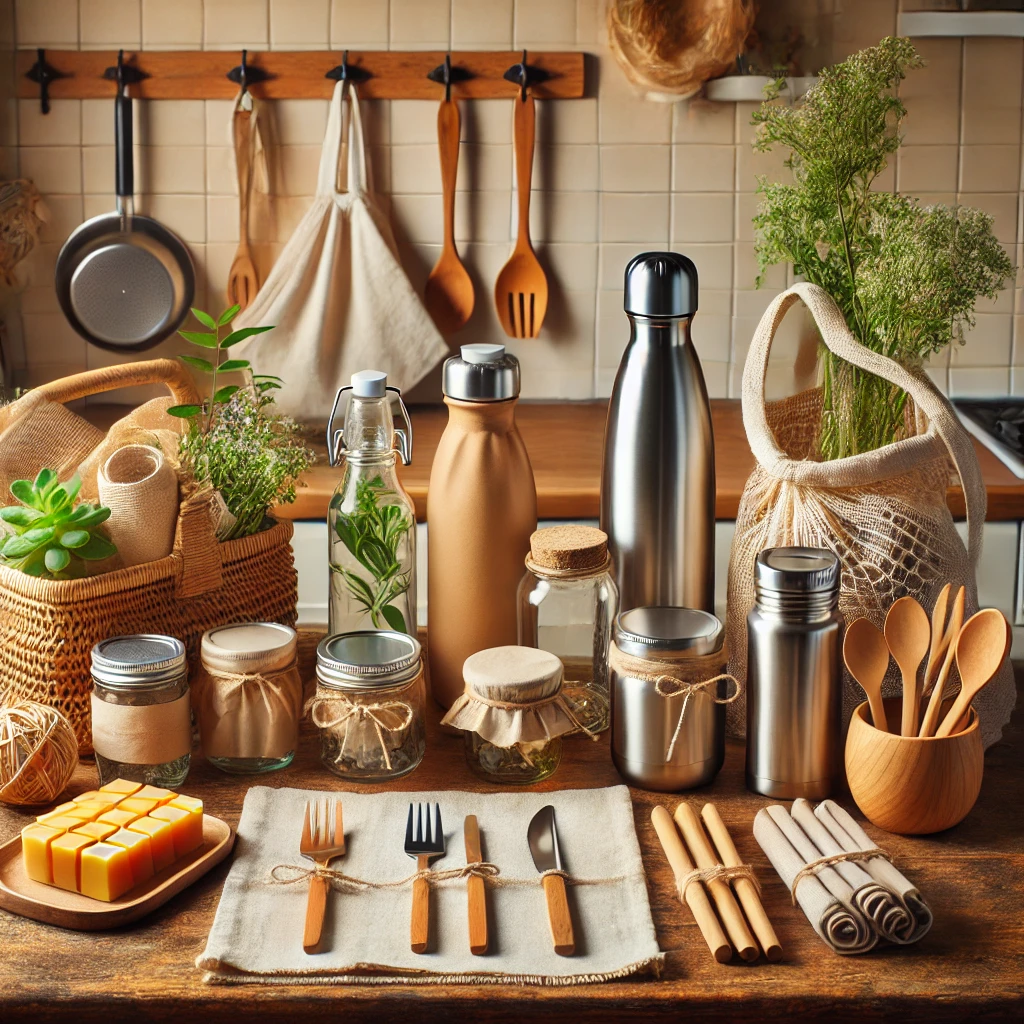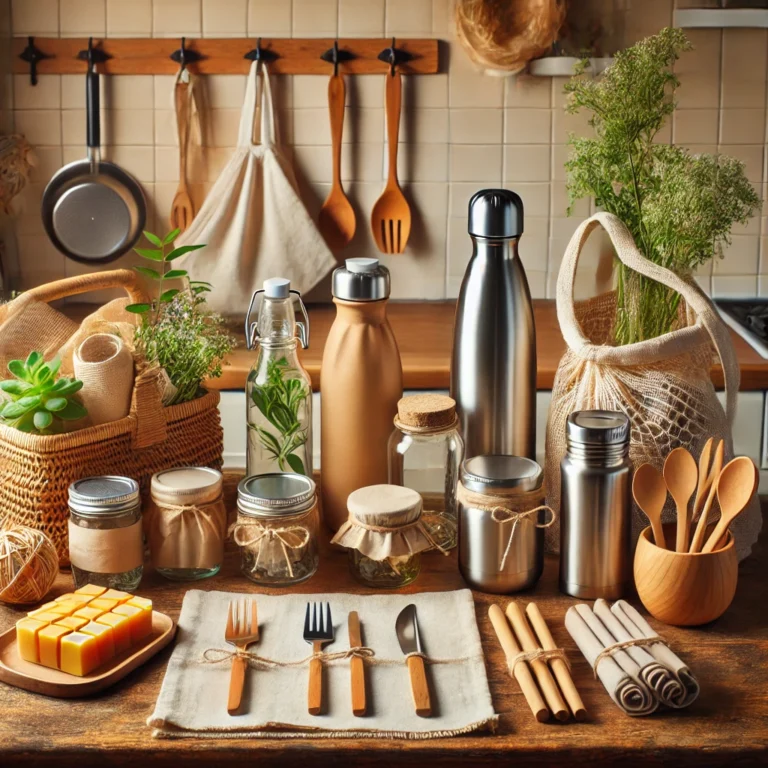Physical Address
304 North Cardinal St.
Dorchester Center, MA 02124
Physical Address
304 North Cardinal St.
Dorchester Center, MA 02124


Have you ever wondered just how much single-use plastic ends up in our landfills and oceans? Every year, millions of tons of plastic waste pollute the earth, much of it from items we use just once before discarding. Single-use plastics include everything from straws and plastic bags to packaging that we often don’t think twice about. Reducing single-use plastic in our lives may seem daunting, but with a few changes, we can make a significant impact. Here’s a guide to help you cut back on single-use plastics and embrace a more sustainable lifestyle.
Plastic pollution is one of the most urgent environmental challenges of our time. According to the United Nations Environment Programme (UNEP), about 300 million tons of plastic waste is produced annually, with a large portion of it coming from single-use items. These plastics do not biodegrade; instead, they break down into microplastics that harm marine life, ecosystems, and even human health.
By reducing single-use plastics, we can help decrease this pollution, preserve natural habitats, and foster a healthier environment for future generations. And with so many alternatives available, cutting back on plastic doesn’t have to be difficult!
One of the simplest ways to reduce single-use plastic is by bringing your own reusable bags for grocery shopping and other errands. Many grocery stores now offer discounts for customers who bring their own bags, and reusable bags are sturdier and can hold more items than plastic bags. Opt for bags made from natural fibers like cotton or jute for an eco-friendly choice.
Example Tip: Keep a few foldable reusable bags in your car or backpack to ensure you’re always prepared, even for unplanned shopping trips.
Plastic bottles are among the most common single-use plastic items. By switching to a reusable water bottle and coffee cup, you can cut down on hundreds of plastic bottles and cups each year. Many cafes also offer discounts for bringing your own cup, making this an easy and cost-effective habit to adopt.
Stanley and Klean Kanteen offer durable, high-quality reusable bottles and mugs that can last for years.
Beeswax wraps are a fantastic alternative to plastic wrap. They’re reusable, washable, and perfect for wrapping sandwiches, covering bowls, and storing fresh produce. Not only do beeswax wraps reduce plastic waste, but they also keep food fresh without the need for disposable plastic. You can find beeswax wraps in different sizes, or even make your own with a DIY kit!
Example Tip: Use beeswax wraps in your kitchen for leftover storage or lunch wraps. After months of regular use, they’re biodegradable and can be composted.
Shopping in bulk not only saves money but also reduces plastic packaging. Bring your own containers or bags to refill with dry goods like grains, nuts, and spices. Many stores offer bulk sections where you can buy just the amount you need without the extra packaging. This reduces food waste and limits the amount of single-use plastic entering your home.
Example Tip: Bring reusable jars or cloth bags for bulk shopping, and label them with the item’s code to make checkout easier.
Single-use plastic cutlery and straws are often used for just a few minutes but take hundreds of years to decompose. Opt for bamboo, stainless steel, or silicone alternatives. Many people carry reusable cutlery sets, and some cities have even banned plastic straws and cutlery. Investing in reusable options for picnics, camping trips, and daily use can make a big difference.
Example Tip: Store a set of bamboo utensils and a metal straw in your bag, so you’re always prepared. They’re lightweight, easy to carry, and can be washed and reused countless times.
Elena, a student in Italy, started her journey to reduce plastic waste by swapping out one item at a time. She replaced her plastic water bottle with a stainless-steel one, began using beeswax wraps in her kitchen, and even brought her own containers for bulk shopping. Over six months, Elena reduced her plastic waste by half and found that she was saving money by reusing items instead of buying single-use alternatives.
Her story shows that reducing plastic waste doesn’t have to be an all-or-nothing approach. Small changes add up over time, making a real difference for both the environment and personal lifestyle.
Cutting back on single-use plastics is one of the most effective ways we can reduce our environmental impact. From carrying reusable bags to choosing beeswax wraps and bulk shopping, there are many simple ways to start. Each step we take contributes to a healthier planet, and by adopting these habits, we can inspire those around us to do the same.
Question for You:
Have you tried reducing your use of single-use plastics? What tips have worked best for you? Share your experiences in the comments, and explore our other articles for more eco-friendly lifestyle tips.
Let’s make a collective effort to reduce plastic waste and protect the environment—one reusable item at a time!